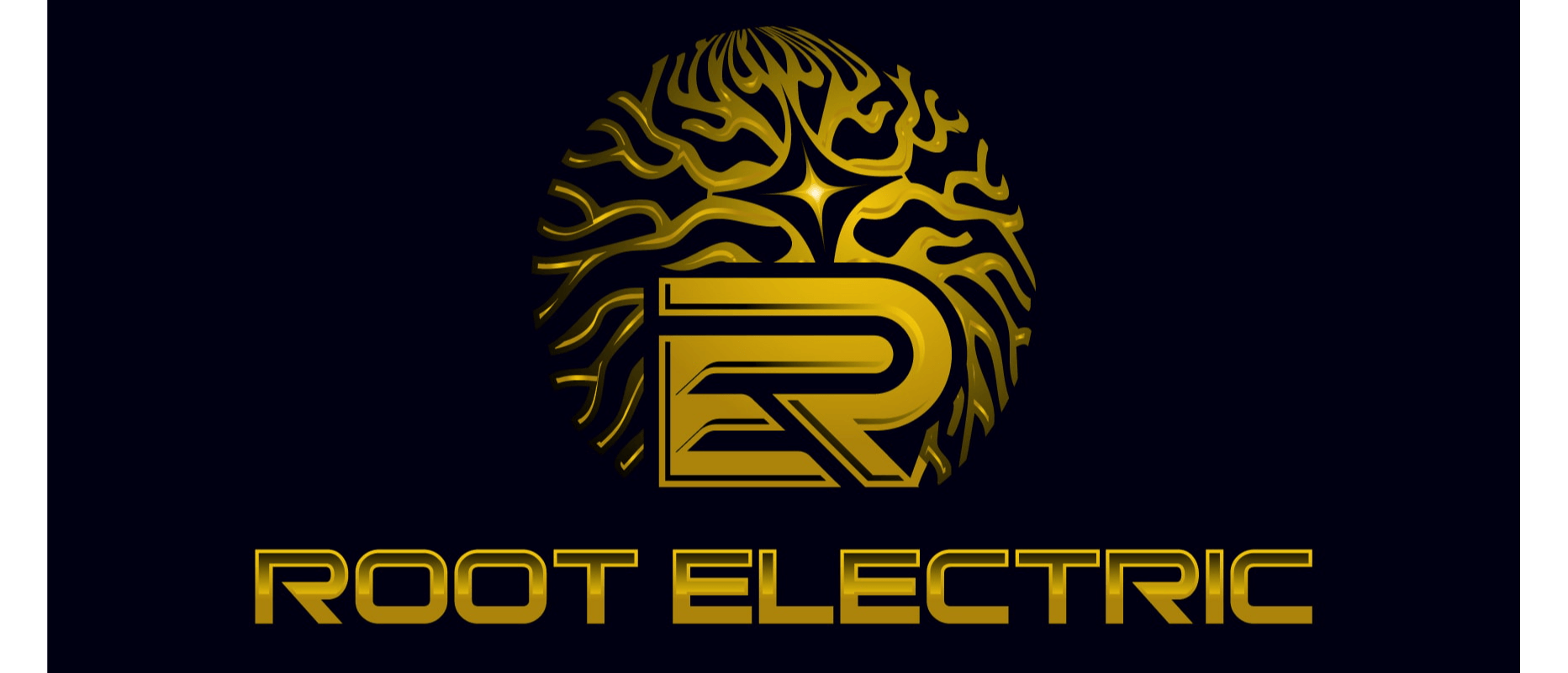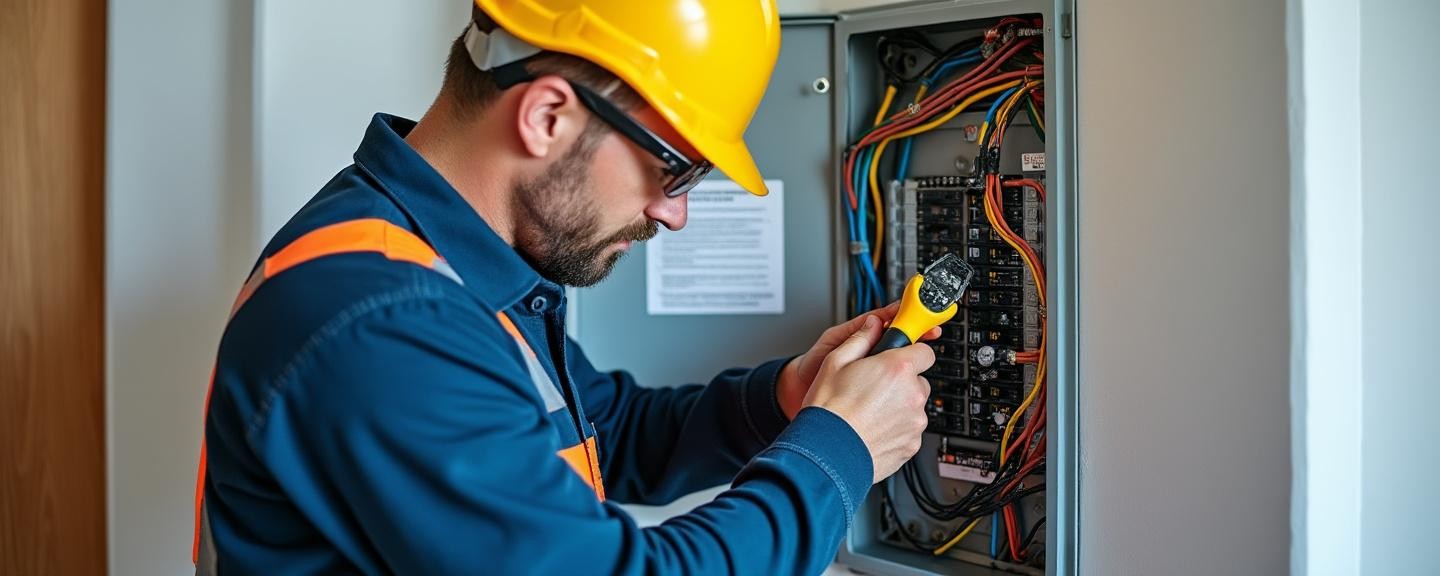Parker, Colorado, homeowners face unique challenges with their electrical systems.
Your home's electrical system works tirelessly behind the walls, powering everything from your morning coffee maker to your evening entertainment. However, like any complex system, electrical components can develop problems over time. Knowing when to call a professional electrician can mean the difference between a simple repair and a dangerous emergency.
Parker, Colorado, homeowners face unique challenges with their electrical systems due to the area's weather patterns, older home construction in some neighborhoods, and the demands of modern electrical usage. Understanding the warning signs that indicate you need professional electrical help can protect your family, preserve your property, and save you money in the long run.
1. Frequent Circuit Breaker Trips or Blown Fuses
Circuit breakers and fuses serve as your home's electrical safety net, designed to cut power when circuits become overloaded. While an occasional trip might happen when you run too many appliances simultaneously, frequent trips indicate a more serious underlying problem.
When circuit breakers trip repeatedly, several issues could be at play. Your electrical panel might be outdated and unable to handle your home's current electrical demands. Individual circuits could be overloaded with too many devices or appliances. More concerning, you might have damaged wiring, loose connections, or faulty electrical components, creating dangerous conditions.
Modern Parker homes typically require more electrical capacity than older systems provided. If you find yourself constantly resetting breakers or replacing fuses, especially when using normal amounts of electricity, a professional evaluation becomes essential. An experienced electrician can assess your electrical load, identify problem circuits, and recommend solutions ranging from simple repairs to complete panel upgrades.
Never ignore frequent breaker trips or attempt to bypass safety mechanisms by installing higher-rated fuses or breakers. These safety devices protect against electrical fires and electrocution hazards. Professional diagnosis ensures your electrical system operates safely while meeting your household's power needs.
2. Flickering, Dimming, or Inconsistent Lighting
Lights that flicker, dim unexpectedly, or behave inconsistently signal potential electrical problems that require professional attention. While occasional flickering during storms or when large appliances start up might be normal, persistent lighting issues indicate underlying electrical faults.
Several electrical problems can cause lighting irregularities. Loose wire connections create intermittent contact, causing lights to flicker or dim. Overloaded circuits struggle to provide consistent power to all connected devices. Voltage fluctuations from utility issues or internal electrical problems affect lighting performance. In older homes, deteriorating wiring insulation, or corroded connections contribute to inconsistent electrical flow.
Pay particular attention to lights that dim when appliances turn on, such as when your air conditioner starts or your washing machine begins a cycle. This dimming suggests your electrical system cannot adequately handle the combined electrical load, indicating potential capacity or wiring issues.
Professional electricians use specialized equipment to measure voltage, test connections, and identify the root causes of lighting problems. They can determine whether issues stem from individual fixtures, circuit problems, or broader electrical system faults. Addressing lighting irregularities promptly prevents more serious electrical problems and ensures consistent, safe operation of your home's electrical system.
3. Burning Smells or Scorch Marks Around Outlets
Burning odors or visible scorch marks around electrical outlets, switches, or panels represent serious safety hazards requiring immediate professional intervention. These signs indicate dangerous overheating that could lead to electrical fires if left unaddressed.
Electrical burning smells often result from overheated wiring, loose connections, or overloaded circuits. When electrical connections become loose, resistance increases, generating heat that can damage surrounding materials. Overloaded outlets forced to carry more electrical current than designed create similar overheating conditions. Damaged or deteriorating wiring insulation can also produce burning odors as electrical current finds unintended paths.
Scorch marks around outlets or switches provide visual evidence of dangerous electrical arcing or overheating. These marks indicate that electrical components have already sustained damage and pose ongoing fire risks. Never continue using outlets or switches showing scorch marks or producing burning smells.
If you detect burning odors from electrical sources, immediately turn off power to the affected area at your circuit breaker panel. Avoid using the problematic outlets or switches until professional electricians can inspect and repair the underlying issues. Quick professional response to burning smells or scorch marks can prevent electrical fires and protect your family's safety.
4. Mild Electrical Shocks from Appliances or Switches
Experiencing mild electrical shocks when touching appliances, light switches, or outlets indicates serious grounding or wiring problems that demand professional electrical services. While these shocks might seem minor, they signal potentially dangerous electrical faults that could worsen over time.
Electrical shocks typically occur when electrical current finds an unintended path to ground through your body. This situation can result from several electrical problems, including damaged appliance cords, faulty grounding systems, or improper electrical installations. Older homes without modern grounding systems are particularly susceptible to shock hazards.
Ground Fault Circuit Interrupter outlets, commonly found in bathrooms, kitchens, and outdoor areas, should prevent most shock hazards by quickly cutting power when ground faults occur. If you experience shocks in areas with GFCI protection, the outlets themselves might be malfunctioning or improperly installed.
Never ignore electrical shocks, regardless of their apparent mildness. Conditions causing minor shocks can deteriorate, creating risks of serious injury or death. Professional electricians can test your home's grounding system, inspect appliance connections, and install proper safety devices to eliminate shock hazards. They can also identify and correct wiring problems that create dangerous electrical conditions.
5. Outdated Electrical Panel or Insufficient Power Capacity
Homes with outdated electrical panels or insufficient power capacity struggle to meet modern electrical demands safely and efficiently. Parker area homes built several decades ago often feature electrical systems designed for much lower power consumption than today's households require.
Older electrical panels, particularly those with fuses instead of circuit breakers, lack the safety features and capacity needed for contemporary electrical loads. These systems cannot adequately protect against electrical hazards while providing power for modern appliances, electronics, and lighting systems. Additionally, some older panels contain components that are no longer considered safe by current electrical standards.
Signs of insufficient electrical capacity include frequent breaker trips, dimming lights when appliances operate, inability to run multiple appliances simultaneously, and warm electrical panels. If your home lacks adequate outlets, forcing you to rely heavily on extension cords or power strips, your electrical system likely needs professional upgrading.
Modern electrical panels provide enhanced safety features, greater capacity, and improved reliability. Professional electricians can evaluate your current electrical system, calculate your household's power requirements, and recommend appropriate panel upgrades. They ensure new installations meet current electrical codes while providing the capacity and safety features your home needs.
The Importance of Professional Electrical Services
Electrical work requires specialized knowledge, proper tools, and adherence to safety codes that protect lives and property. Professional electricians undergo extensive training to understand electrical theory, safety procedures, and local building codes. They carry insurance and licensing that protects homeowners from liability while ensuring work meets professional standards.
Attempting electrical repairs without proper expertise creates serious risks including electrocution, fires, and code violations that can affect insurance coverage and home sales. Professional electricians identify not only obvious problems but also potential hazards that untrained individuals might miss.
When you notice any of these five warning signs in your Parker home, contact qualified electrical professionals promptly. Early intervention prevents minor electrical problems from becoming major safety hazards while ensuring your home's electrical system operates safely and efficiently for years to come.


